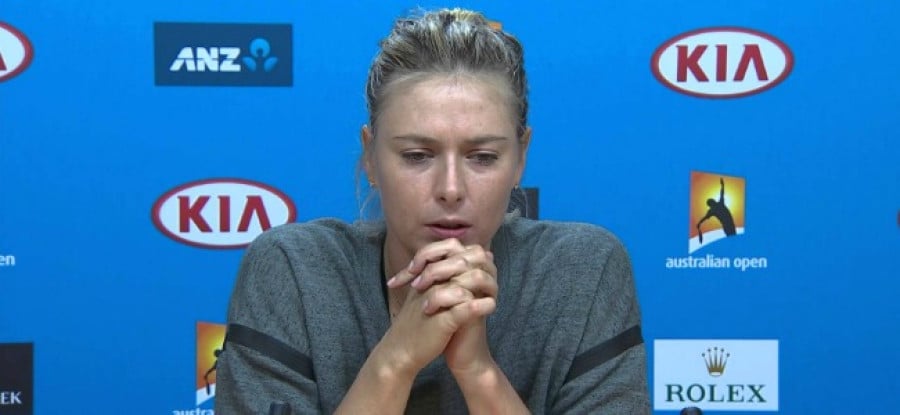Sharapova’s doping scandal - are athletes now more concerned about legality than ethics?

One week since Maria Sharapova’s admission1 that she had tested positive for a prohibited substance (meldonium), it is time to take stock on what was revealed and what might happen to next.
To recap, the immediate reaction to Sharpova’s admission varied hugely.
It included the coolly scientific,2 explaining that, although the drug is designed for short-term use relating to the effects of diabetes, it has long-term athletic benefits in enhancing a player’s endurance and recovery.
The reaction was also coolly commercial3 in the guise of the various sponsors, notably Nike, who with a swoosh suspended endorsement contracts with Sharapova.
Outside of tennis, some of the commentary has cast more heat than light. For instance, former WADA chief Dick Pound was quoted as stating that the use of meldonium is “widespread” in tennis – a claim that was particularly unhelpful and unsubstantiated.4
Within tennis, the reaction was generally muted though tending towards the sympathetic and even empathic. Serena Williams, for instance, remarking:
“I think most people were happy she was upfront and very honest and showed a lot of courage to admit to what she had done and what she had neglected to look at in terms of the [prohibited] list.”5
Williams’ use of the word “neglect” is interesting. In her press conference announcing the positive test, Sharapova described her actions as “careless”. The implication appears to be that, although Sharpaova ought to have known that meldonium was on the prohibited list from 2016, her continuing use of the substance was not a deliberate act of doping or cheat.
In this regard, the press conference,6 which most thought would concern the Russian’s retirement, was characterised by a very controlled and self-serving performance by Sharapova.
To be fair to her, there were no crocodile tears such as those shed by previous drug cheats such as Marion Jones. The aggressive dismissiveness of Lance Armstrong’s defence – everyone else was doping, I was just better at it – was also absent.
And yet in many ways the Sharapova press conference must be understood as one long, legal plea in mitigation.
In the law of doping, the principle of strict liability applies or to paraphrase Article 2.1.1 of the World Anti-Doping Code 2015 (WADC) anti-doping rule violations can be committed without regard to an athlete’s fault. This means that the athlete is responsible for what they ingest. If that substance is prohibited, that athlete is guilty irrespective of whether they intended to take the substance or did so carelessly or accidently. Moreover, pursuant to Article 10.2 WADC, an athlete can be banned (that is, deemed ineligible to compete) to a maximum of four years for a first offence.
To continue reading or watching login or register here
Already a member? Sign in
Get access to all of the expert analysis and commentary at LawInSport including articles, webinars, conference videos and podcast transcripts. Find out more here.
- Tags: Anti-Doping | Athlete Welfare | Court of Arbitration for Sport (CAS) | Governance | International Tennis Federation (ITF) | Regulation | Tennis | World Anti-Doping Agency (WADA) | World Anti-Doping Code (WADC)
Related Articles
- Should doping in sport be criminalised? A review of Germany's new Anti-Doping Act
- An exclusive interview with the former Court of Appeal judge who helped expose corruption at the IAAF - Episode 34
- Why ASADA’s removal of Australian athletes’ right to silence is arguably unlawful
- Top 50 Anti-Doping Articles and Podcasts
Written by
Jack Anderson
Jack Anderson is a Professor of Law at the University of Melbourne. He has published extensively on sports law, and most recently A Concise Introduction to Sports Law (Edward Elgar, 2024).
He is a member of World Athletics’ Disciplinary Tribunal and the integrity unit of the International Hockey Federation. He is an Ethics Commissioner for the International Tennis Federation and World Boxing. Jack is an arbitrator on Football Australia’s National Dispute Resolution Chamber, the National Sports Tribunal of Australia, and Sport Resolutions UK.

 Global Summit 2024
Global Summit 2024